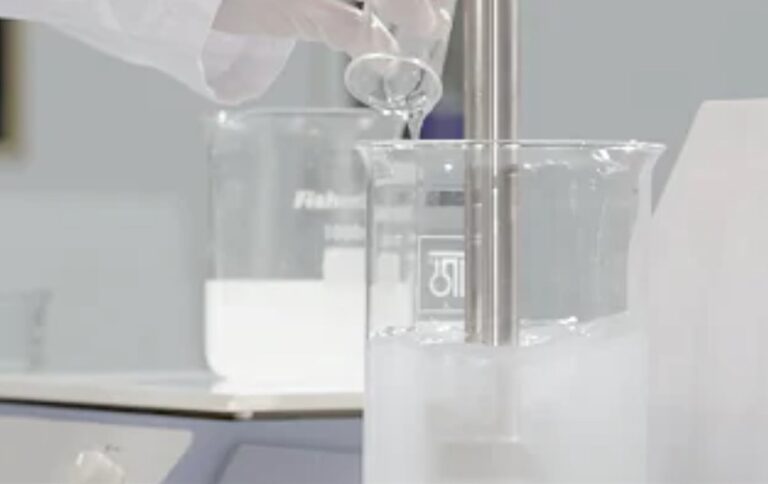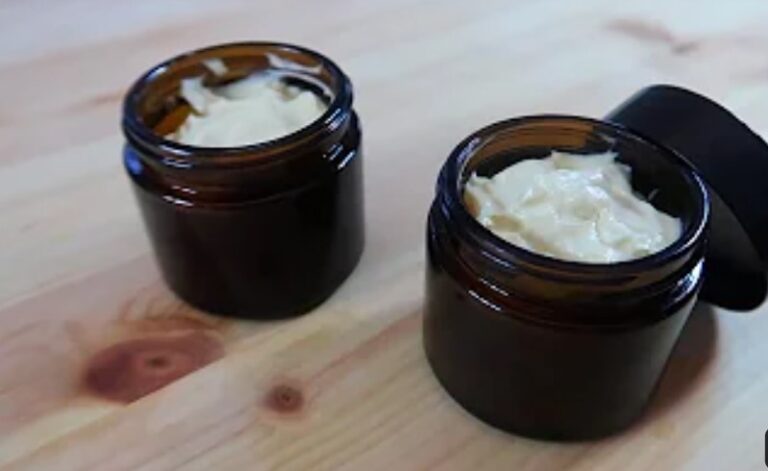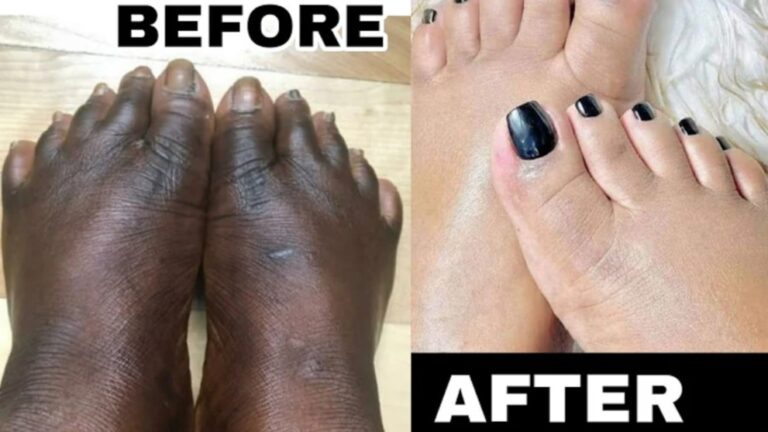Skincare for Surgical
Skincare for Surgical
When talking about skincare for surgical, we have both preoperative skincare and postoperative skincare. The use of specialized pre- and post-op skin care products and treatment will prepare the skin and body for faster healing from a cosmetic surgery or non-surgical procedure and allow the skin to have a better reaction to the trauma associated with a cosmetic procedure.

Skincare for surgical procedures involves:
- Preparing the skin before surgery.
- Caring for the incision site after surgery.
- Promoting optimal healing and recovery.
Good skincare practices before and after surgery can help minimize the risk of infection, reduce scarring, and promote faster healing. Here are some key points to consider:
Preoperative Skincare
Pre-operative or pre-surgical skin care helps to improve the healing process and minimize bleeding and bruising. Soft, hydrated and clean skin looks, heals and functions better after surgery.
You can consider the use of the following;
- Follow your surgeon’s instructions: Your surgeon will provide specific guidelines for preoperative skincare. It may include instructions to cleanse the skin with a gentle cleanser or antiseptic solution before surgery.
- Avoid certain products: In the days leading up to surgery, avoid using skincare products that may irritate or sensitize the skin, such as solid exfoliants, retinoids, or products containing alcohol. Consult with your surgeon about which products to avoid.
- Stay hydrated: Maintaining good hydration levels is essential for healthy skin. Drink plenty of water before surgery to keep your skin hydrated and promote its natural healing ability.
- Protect your skin: Shield your skin from excessive sun exposure. Use a broad-spectrum sunscreen with at least SPF 30 and wear protective clothing outside to prevent sunburn and minimize the risk of pigmentation issues.
Postoperative Skincare
Postoperative skin care continues the benefits of the pre-surgical program, keeping your skin in an environment conducive to healing.
The following can help in postoperative skincare;
- Follow postoperative instructions: Your surgeon will provide detailed postoperative care instructions. Follow them carefully to ensure proper healing. Consult your surgeon or healthcare provider if you have any concerns or questions.
- Keep the incision site clean: Clean the site per your surgeon’s recommendations. It may involve using a gentle cleanser or an antiseptic solution. Pat the area dry with a clean, soft towel.
- Avoid touching or picking at the incision: Touching or picking at the incision site can introduce bacteria and increase the risk of infection. Keep your hands away from the area unless instructed otherwise by your surgeon.
- Apply prescribed ointments or dressings: Your surgeon may recommend applying specific creams or sauces to the incision site to promote healing. Follow the instructions regarding their application and frequency.
- Protect the incision site from sun exposure: Protect the site from the sun’s harmful rays by covering it with clothing or applying broad-spectrum sunscreen. Sun exposure can cause discolouration and may interfere with the healing process.
- Stay hydrated and maintain a healthy diet: Proper hydration and nutrition are vital for optimal healing. Drink plenty of water and follow a well-balanced diet rich in nutrients, vitamins, and minerals to support your body’s healing process.
- Avoid smoking and alcohol consumption: Smoking and excessive alcohol consumption can delay healing and increase the risk of complications. It’s best to avoid these habits during the postoperative period.
- Be patient with scars: Scarring is a natural part of the healing process. It takes time for scars to fade and flatten. Follow your surgeon’s recommendations for scar management, such as using silicone sheets or gels to minimize their appearance.
Every surgical procedure is unique, and you must consult with your surgeon or healthcare provider for personalized skincare advice and instructions based on your specific situation. They will provide the most accurate and up-to-date recommendations for optimal healing and recovery.






